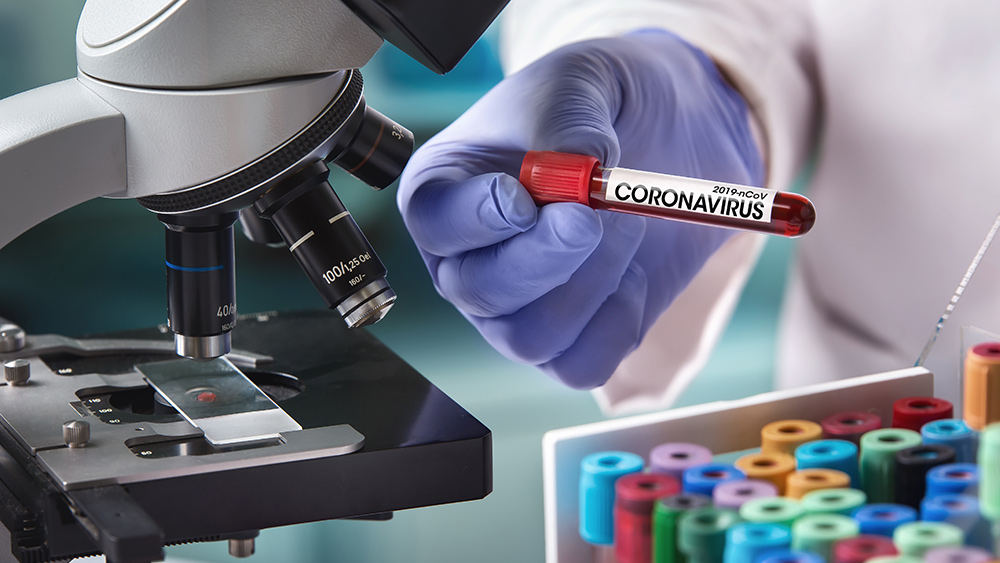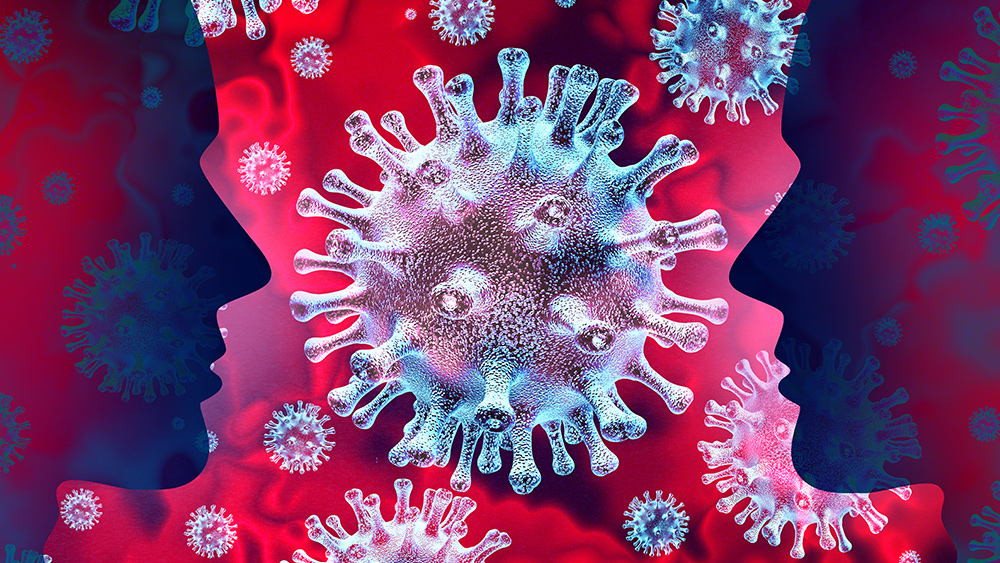Gut-brain connection in individuals with autism CONFIRMED by scientific data
01/24/2020 / By Darnel Fernandez

Gastrointestinal (GI) problems have always been a common occurrence in many patients with autism, yet the mechanisms behind this phenomenon are not fully understood. Studies have shown that around 70 percent of people with autism spectrum disorder (ASD) have a variant of gastrointestinal disorder, including gastroesophageal reflux disease (GERD) and gastritis. If left untreated, these conditions could lead to chronic pain and certain behavioral manifestations like aggressive behavior and the tendency to self-injure. Now, recent research suggests that gene mutations found in both the gut and brain could be the main culprit for the GI woes of patients with ASD.
A study published in the journal Autism Research confirms the existence of a gut-brain nervous system link in autism, opening a new path in the search for potential effective treatments that target behavioral issues associated with autism. The researchers claim that this is the first study to confirm that the gut and brain share autism-related gene mutations.
“Our findings suggest these gastrointestinal problems may stem from the same mutations in genes that are responsible for brain and behavioral issues in autism,” said corresponding author Elisa Hill-Yardin. “It’s a whole new way of thinking about it — for clinicians, families and researchers — and it broadens our horizons in the search for treatments to improve the quality of life for people with autism.”
The relationship between the gut and the brain
Researchers from the Royal Melbourne Institute of Technology University in Australia assessed the role of a synaptic adhesion network – a group of four postsynaptic adhesion molecules called neuroligins – in autism-associated GI dysfunction. They focused on studying a well-characterized mutation in neuroligin-3 called R451C. This particular mutation was first discovered by previous researchers in a landmark study in 2003 within two siblings diagnosed with autism. This mutation affects communication by altering the “velcro” between neurons that keep them in close contact with each other.
The researchers of the current study have built on the clinical work done in the 2003 study through an analysis of the function and structure of the gut in mice that have the same “velcro” gene mutation. From their analysis, the researchers found that the mutation affects multiple factors, including gut contractions, the number of neurons in the small intestine, the responses to a critical neurotransmitter important in autism, and the speed with which food moves through the small intestine. (Related: Autism linked to deficiency in healthy gut bacteria: Research.)
In addition, the researchers found significant differences in the gut microbes of mice with the mutation compared to those without it, even though both groups of mice were kept in identical environments. While this “velcro” mutation is considered rare in most cases, it is one of more than 150 different autism-related gene mutations that could alter neuronal connections. This suggests that there is a broader mechanism indicating that these mutations are the culprit behind the gut problems of many patients with ASD.
Hill-Yardin said that their research reveals a new target for the development of effective therapies designed to work on neurotransmitters to the gut. She also said that there is a need to better understand how existing medications for autism that target neurotransmitters in the brain are affecting the gut of patients with ASD. Future research should focus on investigating how gene mutations in the nervous system relate to the microbes found in the gut.
“We know these microbes interact with the brain via the gut-brain axis, so could tweaking them improve mood and behavior?” said Hill-Yardin. “While this wouldn’t reverse the gene mutation, we might be able to tone down its effects, and make a real difference in the quality of life for people with autism and their families.”
Sources include:
Tagged Under: autism, brain function, brain health, gastrointestinal health, gut health, gut microbiota, gut-brain link, mental health, research



















